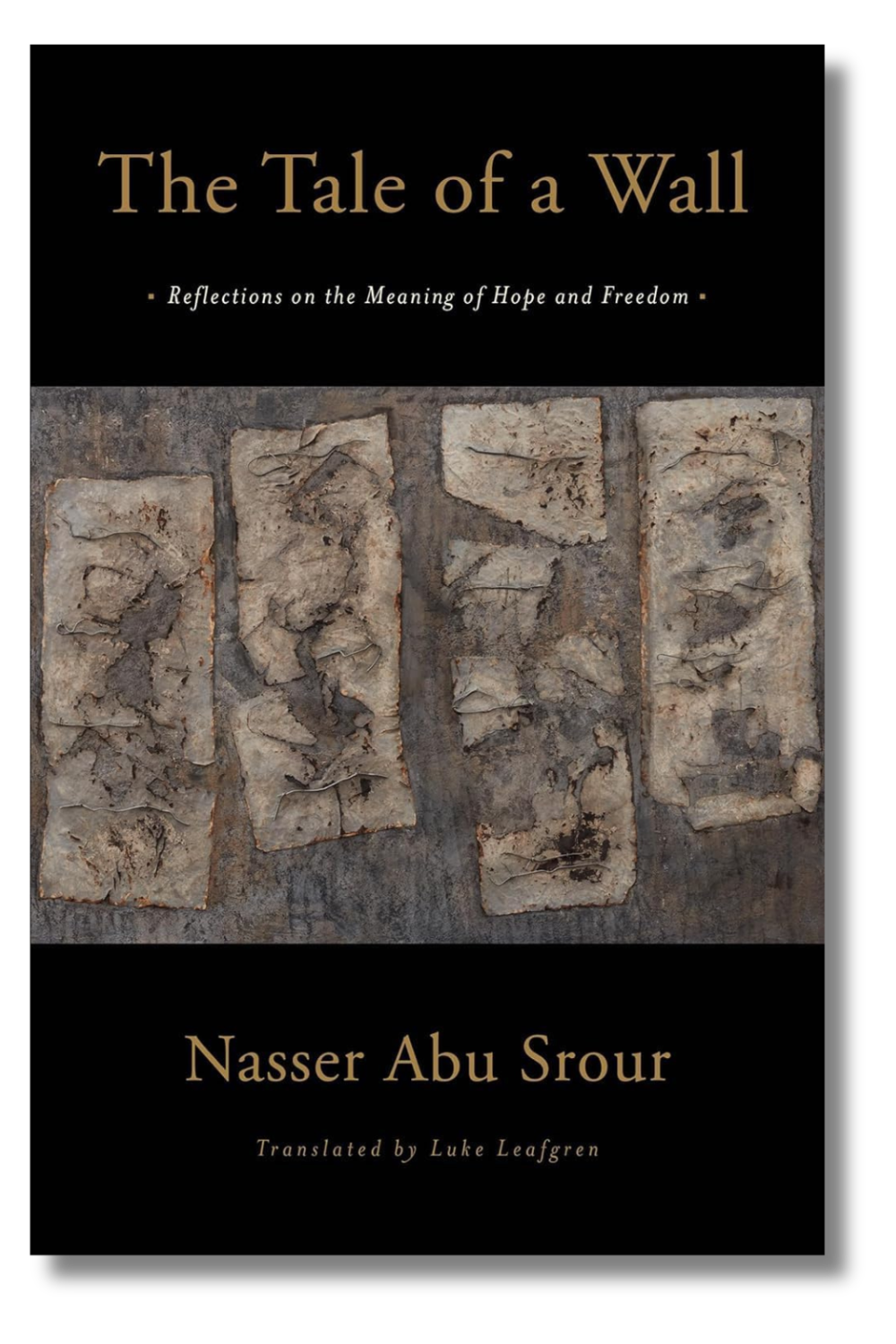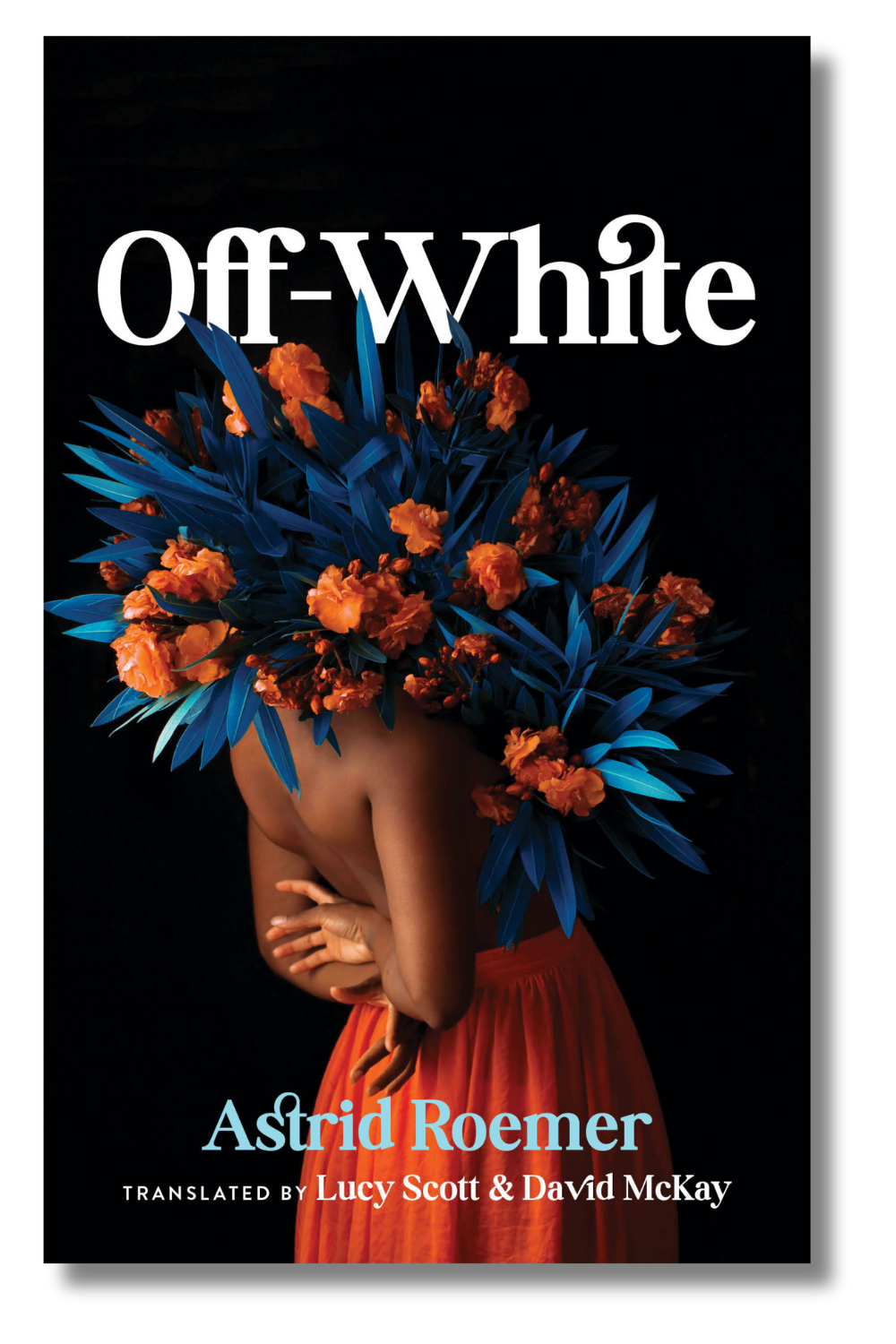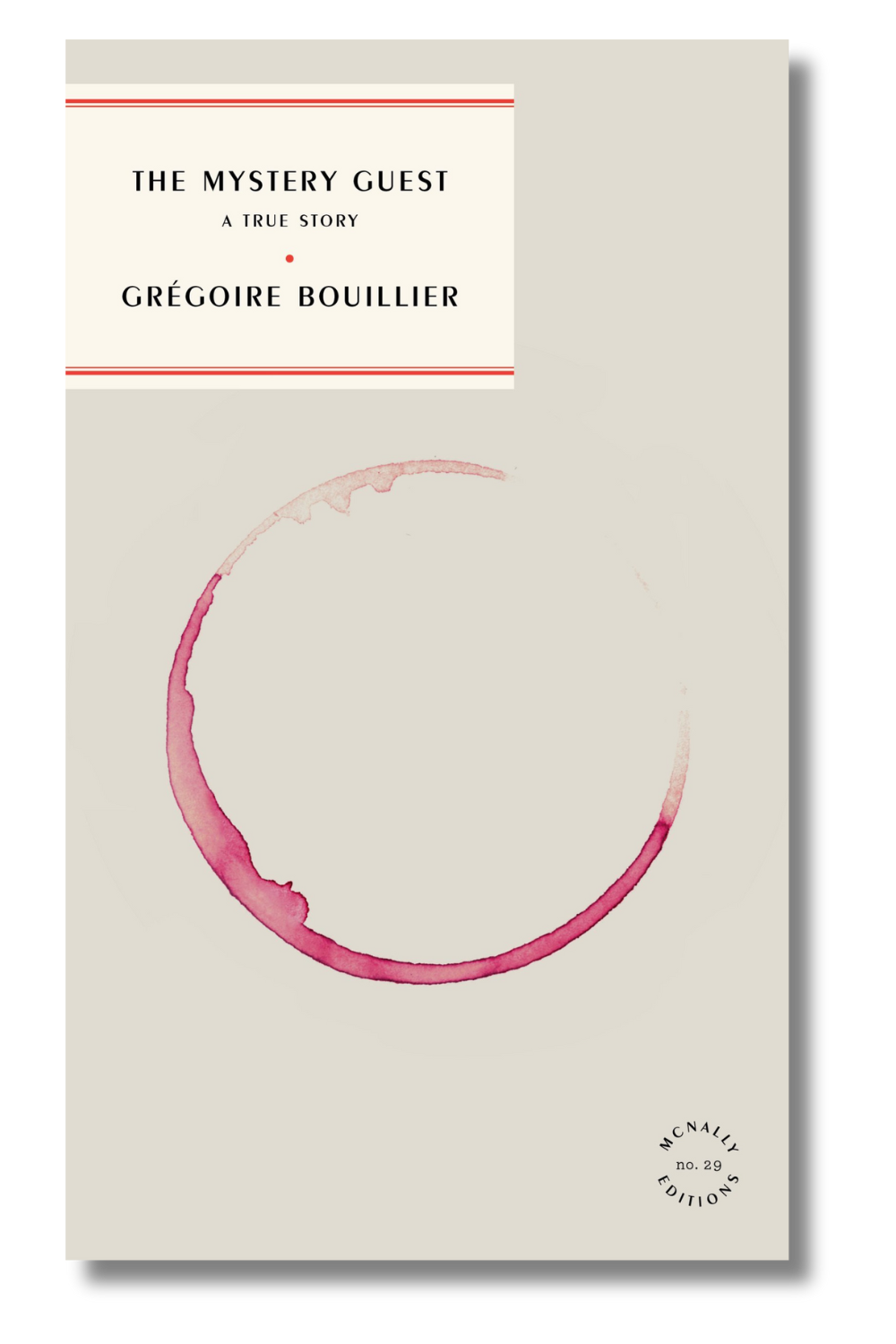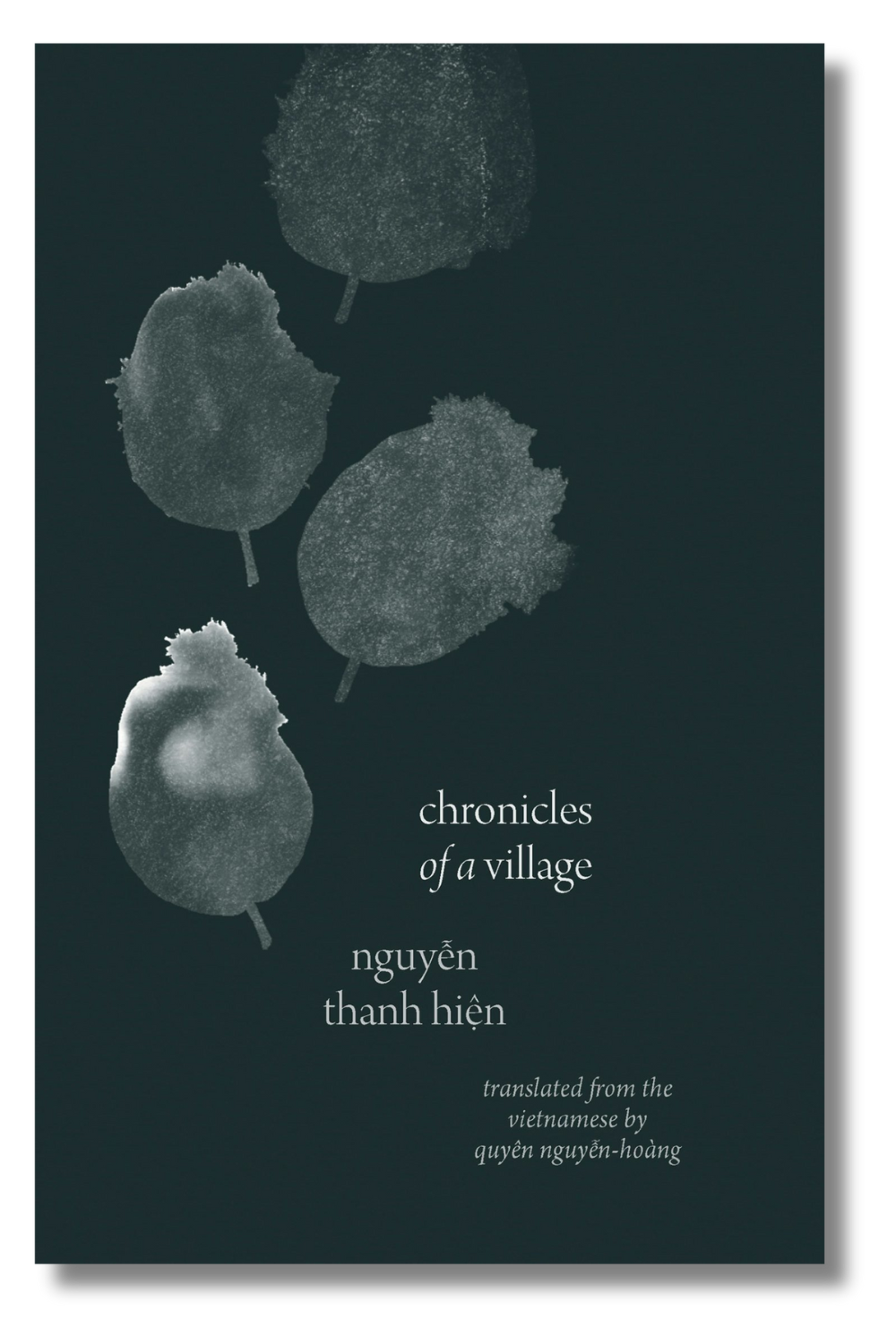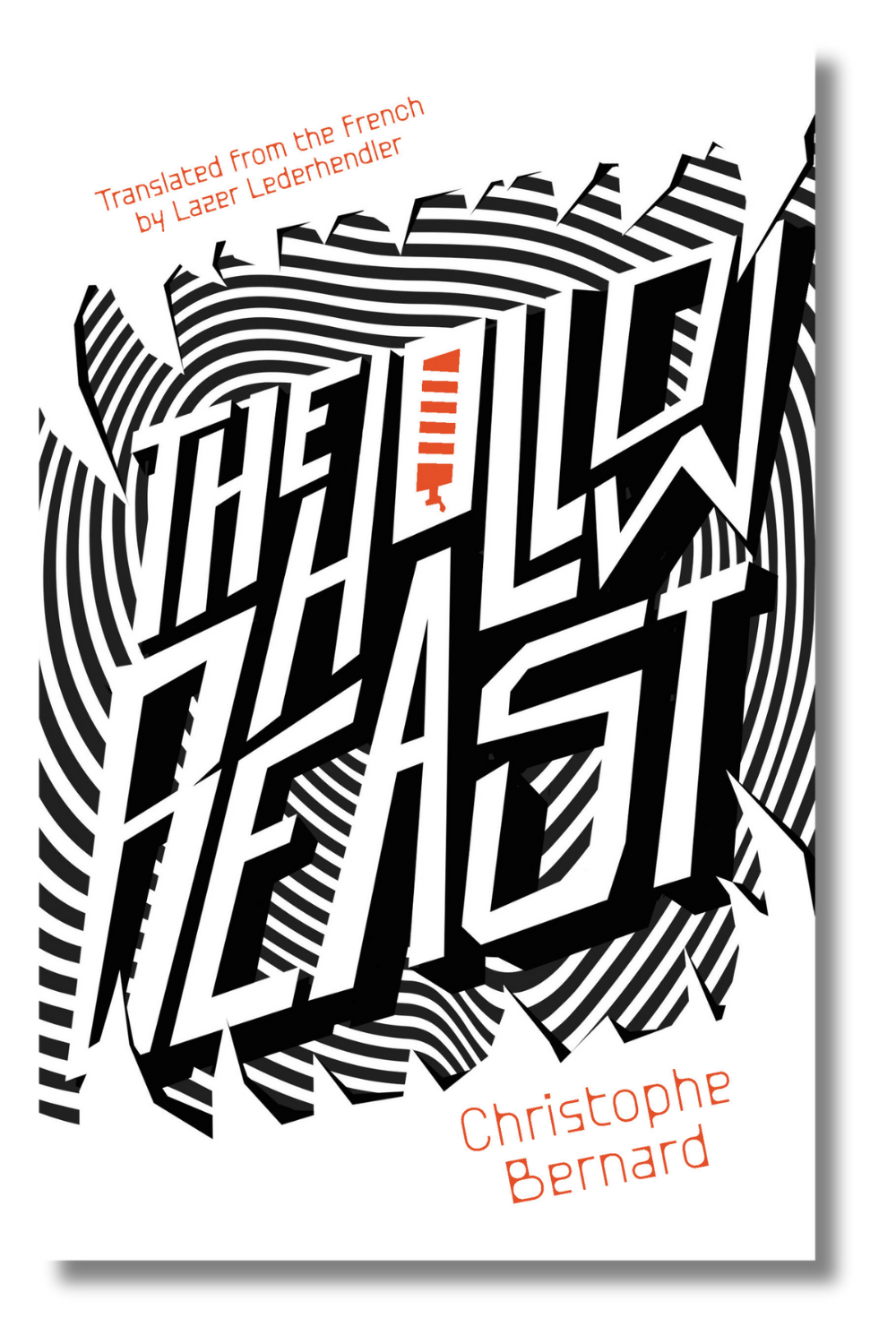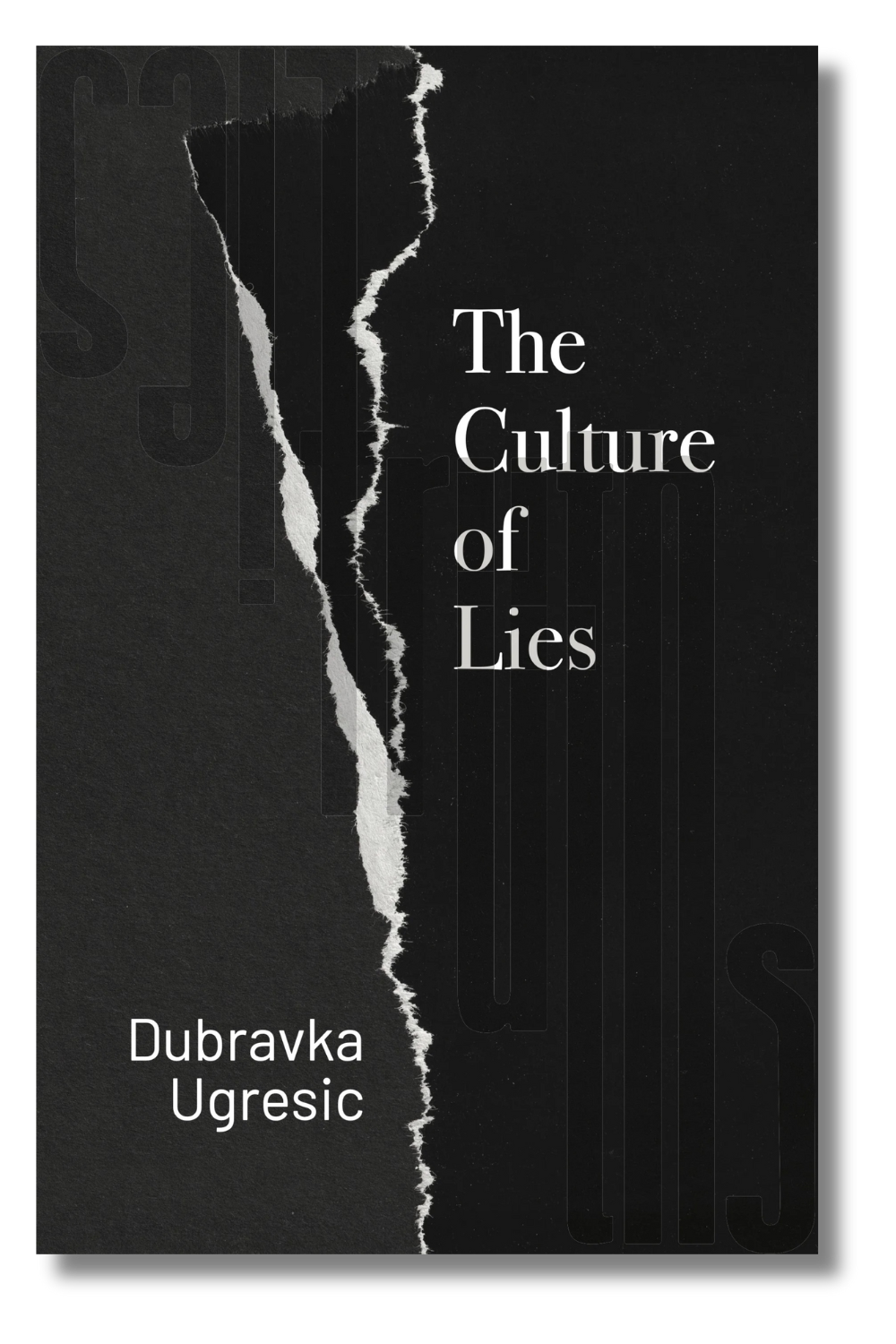
From Open Letter | The Culture of Lies by Dubravka Ugrešic, translated from the Croatian by Celia Hawkesworth | Essays | 260 pages | ISBN 9781948830782 | US$15.95
What the publisher says: “The Culture of Lies is one of the most intelligent and lucid accounts of an appalling episode in history. It shows us the banality and brutality of nationalism and the way that nationalistic ideology permeates every pore of life.”
What Neil Genzlinger at The New York Times says: “[Ugrešic’s] 1995 essay collection, The Culture of Lies, consisting of pieces she wrote from 1991 to 1994, is a blunt dissection of how national and ethnic identities in the region were manipulated to serve whomever was in power.”
What I say: Originally published in the late 1990s, this collection of essays reckons with questions of war, violence, and national identity. Ugrešic has appended addendums to several of the essays here from a few years after their initial publication, adding more for readers to ponder. The wars described in this book may have come to an end, but the themes Ugrešic addresses throughout are still present, making this collection feel as relevant as ever.
From Other Press | The Tale of a Wall: Reflections on the Meaning of Hope and Freedom by Nasser Abu Srour, translated from the Arabic by Luke Leafgren | Memoir | 320 pages | ISBN 9781635423884 | US$19.99
What the publisher says: “Within his cell, Abu Srour turns the Wall that has deprived him of freedom into his interlocutor and the source of stability that allows him to endure a chaotic, hopeless existence. The limitations of this survival strategy—and singular literary device—become painfully evident when falling in love causes Abu Srour to lose his grip on the Wall.”
What Olivia Snaije at Arablit & Arablit Quarterly says: “Abu Srour lives through solitary confinement, torture, hunger strikes, and profound introspection. He reads: poetry, philosophy, and theology, and obtains a bachelor’s and then master’s degree in political science. He begins to write poetry, and even lives a passionate love story from within the confines of his walls. He finished writing his memoir in the maximum-security prison of Hadarim in northern Israel.”
What I say: Nasser Abu Srour’s memoir The Tale of a Wall at times feels like two shorter books in one. The first half juxtaposes his incarceration with his thoughts on the recent history of Palestine. The second half describes his growing romance with a woman who begins corresponding with him. Translator Luke Leafgren’s afterword is worth reading, as he describes his approach to this project: “It is uncommon for a translator to edit a text to this degree, and the task did not come easy for someone who grew up with a reverence for authors’ words and a belief in the sacrality of texts, both religious and literary.” The result is an absorbing, complicated personal history.
From Two Lines Press | Off-White by Astrid Roemer, translated from the Dutch by Lucy Scott and David McKay | Fiction | 377 pages | ISBN 9781949641257 | US$18.95
What the publisher says: “A moving portrait of a woman finding peace in the legacy that is her daughters and granddaughters, Off-White, keenly translated by Lucy Scott and David McKay, is also a searing and complex portrait of male violence, the legacy of colonialism, and a dismantling of what it means to be ‘white.’”
What Publishers Weekly says: “Stories involving other characters, who narrate in turn, involve incest, rape, abandonment, and a mental health breakdown, and Roemer illustrates how each of the incidents are tied to the family’s racial and class hierarchies.”
What I say: This collage-like story of a family can be a little jarring to settle into; Roemer’s narrative moves across the family at the heart of Off-White with haste and a vast perspective. But it also opens dramatically, as the central character finds herself at a crossroads: “She’d brought five children into the world who were all good and grown and had even blessed her with grandchildren, so why in God’s name was she sitting in church so broken?” It’s an unsettling question, and one that Roemer slowly reveals the answer to over the course of the novel.
From McNally Editions | The Mystery Guest: A True Story by Grégoire Bouillier, translated from the French by Ben Truman | Memoir | 104 pages | ISBN 9781961341050 | US$18.00
What the publisher says: “Here is the unlikely but true account of how one man got over a broken heart, regained his faith in literature, participated—by mistake—in a work of performance art, threw away his turtlenecks, spent his rent money on a 1964 Bordeaux that nobody ever drank, and fell in love again.”
What n+1 says: “The writer who exerts the clearest influence over Bouillier’s work is Michel Leiris, an anthropologist associated with the surrealist movement, whose memoirs were translated by Richard Howard and Lydia Davis (and celebrated by Susan Sontag in Against Interpretation). Like Leiris, Bouillier revisits past humiliations in search of the secret, fairy-tale logic that governs his inner life.”
What I say: Some small books can nonetheless contain multitudes; Grégoire Bouillier’s The Mystery Guest fits that bill perfectly. It’s the story of the aftermath of a relationship, an awkward social event, and a search for connection between seemingly disparate events. If you’re unfamiliar with Sophie Calle or Michel Leiris, you may want to brush up on their work before reading this. Overall, though, this is a compelling journey into its author’s head—and all of his musings, desires, and regrets.
From Yale University Press | Chronicles of a Village by Nguyễn Thanh Hiện, translated from the Vietnamese by Quyên Nguyễn-Hoàng | Fiction | 144 pages | ISBN 9780300276404 | US$20.00
What the publisher says: “Nguyễn Thanh Hiện’s Chronicles of a Village, the writer’s first work to be translated into English, is an elegy for a place and a people; a profound meditation on how history is created, destroyed, manipulated, and rewritten; and a tribute to the beauty and ‘fatal historical disabilities of a land.’”
What translator Quyên Nguyễn-Hoàng says: “It has all of the elements that usually appear in Vietnamese literature. You see war and violence and displacement and lots of pain and suffering. Lots of beautiful moments of lightness and happiness as well. And I think those are the ones that actually drew me the most to the book; it has these almost romantic, idyllic moments, and then suddenly it also undercuts that sort of idyll, the romance of it, because you know that so many wars ravaged this land.”
What I say: Describing Chronicles of a Village isn’t easy—the publisher uses the phrase “poetic novel” to introduce it, and the phrase “prose poem” could also be used. This, too, is a brief book that wrestles with big themes; as its narrator observes at one point, “these are the chronicles of my village, the vessels of remembering and reminiscing, tale upon tale of yesterday, yesteryear, yestercentury, or yestermillennia . . . ” The resulting work is hypnotic, wide-ranging, and thoroughly immersive.
From Biblioasis | The Hollow Beast by Christophe Bernard, translated from the French by Lazer Lederhendler | Fiction | 632 pages | ISBN 9781771965552 | CAD$28.95
What the publisher says: “Fueled by a bottomless supply of Yukon, the high-proof hooch that may or may not cause the hallucinatory sightings of a technicolor beast that haunts not just Monti but his descendants, it’s up to Monti’s grandson François—and his floundering doctoral dissertation—to make sense of the vendetta that’s shaped the destiny of their town and everyone in it.”
What Isabella Zhou at Foreword Reviews says: “During a fateful hockey game, Monti Bouge stops the puck from entering his goal by catching it in his teeth. Nonetheless, Victor Bradley, a municipal mailman and referee, grants the goal. Thus, Monti’s machinations of revenge against Bradley begin—helped along as he amasses wealth via gold prospecting.”
What I say: On one hand, The Hollow Beast is a sprawling story of generational feuds and old hostilities that refuse to die, playing out on an epic scale. On the other hand, the novel also unfurls like a knowing parody of such epics, blending hallucinatory moments and possibly nonexistent cryptids with a decades-spanning narrative. It’s not the epic saga you were expecting, but it certainly has its charms.
Looking for more reading suggestions? Check out Tobias Carroll’s recommendations from last month.
Disclosure: Words Without Borders is an affiliate of Bookshop.org and will earn a commission if you use the links above to make a purchase.
Copyright © 2024 by Tobias Carroll. All rights reserved.









